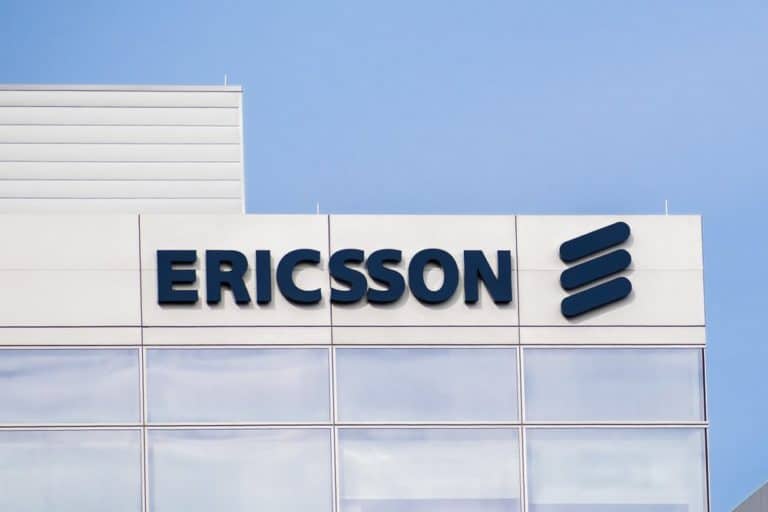Ericsson intends to speed up licensing negotiations for 5G technologies with Apple. On Monday, it filed a lawsuit seeking a declaratory judgment that it fulfilled commitments to the European Telecommunications Standards Institute (ETSI).
That would make it ready to deal under FRAND (fair, reasonable, and nondiscriminatory) terms. The action is lodged with the US District Court for the Eastern District of Texas and comes as Ericsson and Apple discuss licensing agreements for Ericsson’s standard, essential 5G patents, and technology allegedly used in the latest iPhone iterations.
What did Apple do?
Ericsson cited Apple’s alleged history of devaluing SEPs so it can benefit and reached out to start negotiations for a cross-licensing arrangement late last year, three years after it announced 5G royalty rates.
Apple integrated the Ericsson solutions knowing those rates, the complaint alleges.
In line with technical and business discussions of that nature, Ericsson sent charts showing the strength of its SEPs to Apple. The companies finally met on September 21, this year, to discuss Apple’s analysis of the information, which made it clear there was a dispute between the iPhone maker and Ericsson.
It gets complicated
The problem, as it turns out, has to do with Ericsson’s essential patent portfolio value, which Apple is questioning. In 2015, Apple used Ericsson for what it said were excessive royalty rates on LTE patents. Apple’s license of some of Ericsson SEP’s was due to expire. The tech giant declined to renew the contract and sued, claiming the IP was non-essential, which led to an all-out legal battle spanning two continents and a host of regulatory bodies.
It gets murkier from here.
